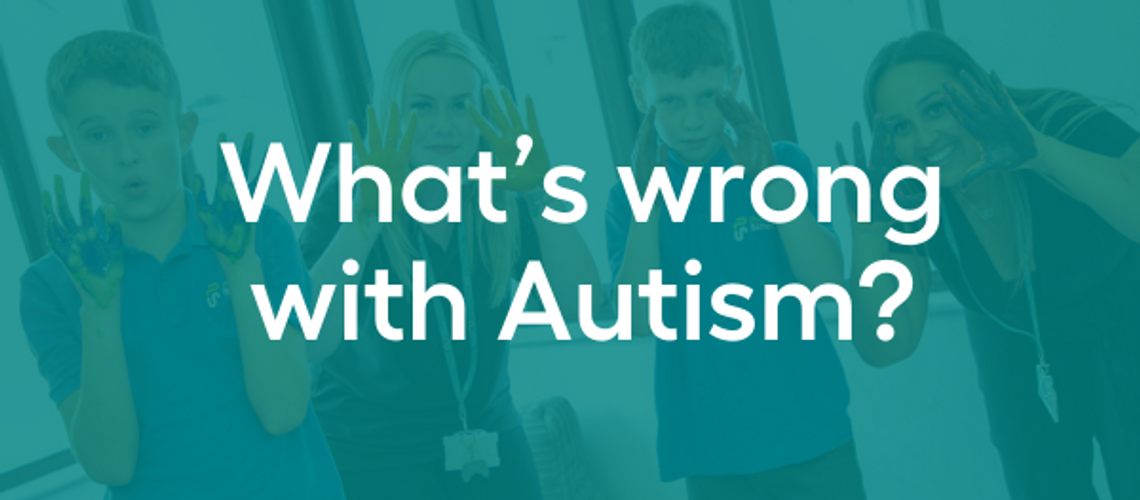What's wrong with Autism?

Recent articles, such as those published by The Telegraph and the Daily Mail, suggest that 'severe' autism can be treated and symptoms can be reduced if a child is treated regularly from a young age. While these reports may be well-intentioned, Autism Unlimited finds it crucial to address several concerns and misconceptions presented in these narratives.
Firstly, it is essential to recognise that autism is not a disease or illness that requires a cure. Autism is a neurological condition, a fundamental aspect of human diversity. Statements suggesting that autism can or should be "reversed" reinforce the harmful stereotype that autistic individuals are somehow deficient or need fixing. This perspective is not only scientifically unfounded but also socially damaging.
The study cited in these articles shared findings which include a combination of dietary changes, occupational and vision therapy, physical exercise, and personalised therapeutic interventions that reportedly led to significant changes in the behaviours of two young children. However, such anecdotal evidence does not constitute a broadly applicable or scientifically validated cure for autism. Autism is a complex, multifaceted condition with a wide spectrum of presentations, and what works for one individual may not be effective for another. The emphasis on "reversing" autism symptoms can overshadow the need for acceptance and support for autistic individuals as they are, rather than promoting the unrealistic and potentially harmful notion of normalisation.
Furthermore, the approach of attempting to eliminate autistic traits can lead to immense pressure and stress on autistic people and their families. This focus can detract from the more compassionate goal of helping people to thrive by understanding their unique needs and providing appropriate accommodations and interventions to enhance their quality of life.
Autism Unlimited advocates for acceptance and celebration of neurodiversity. We emphasise the importance of creating inclusive environments where autistic people can express themselves freely and where their differences are respected and valued. We must promote the talents and potential of every autistic person.
While research into supporting autistic individuals is valuable, it must be approached with a mindset of acceptance and respect. The narrative should not be about reversing autism but about fostering an inclusive society where autistic people can live fulfilling lives as their authentic selves.
"Autism is not a problem to be fixed; it is a part of who someone is. Our mission is to promote acceptance, understanding, and support for autistic individuals so they can lead lives that are true to themselves. The idea of reversing autism undermines the very essence of neurodiversity and the rich contributions autistic people bring to our world." - Siún Cranny, CEO at Autism Unlimited.
For further information and resources on autism acceptance and support, please visit our website or contact Autism Unlimited directly. www.autism-unlimited.org / 01202 483360.






